Budapest's Pilot City Activity: CARES - Climate Agency for Renovation of homES

Description of activities
Budapest plans to tackle the low energy performance of private buildings and energy poverty. The pilot activities will address the following challenges related to energy-efficient housing stock: (1) the lack of incentives for private owners to renovate their houses due to the absence of national financing schemes and cap on household energy prices at national level; (2) partial access to EU funds limiting municipality’s ability to intervene in the housing market without external support. The objective is to establish a Climate Agency in the form of ESCO (one-stop-shop model) to develop financial models in cooperation with commercial banks and international financial actors. The Agency will be responsible for ensuring that the financial products reach the end users and smart technical solutions are deployed in the refurbishments. Intervention areas will be chosen based on scientific results and technical and socio-economic building parameters. The Climate Agency will also pay particular attention to involving communities and shaping public attitudes while reducing energy poverty.
Objective
To establish a Climate Agency (one-stop-shop) for the development of financial models in cooperation with commercial banks and international financial actors to improve the energy efficiency of the housing stock.
Are the pilot activities building upon or part of a previous and/or existing activity?
Budapest has several, ongoing climate-related initiatives that bring professional background to the project. The city has recently developed its solar map with a 5000 MW total solar energy potential capacity for rooftops. Budapest is involved in PED – Positive and clean energy districts – projects, aiming to reach PED areas in the city. Besides mitigation-oriented projects, the city is actively working on adaptation projects, such as rainwater management or urban heat islands.
Which emissions domains will the pilot activities address?
Systemic transformation – levers of change the pilot activities will exploit
Stakeholder types that you would like to engage in the pilot activities
Transferable features of your pilot activities to a Twin City/ies
An example of institutionalising and finding an ideal position, structure and financing scheme for the Climate Agency dealing with housing renovations.
This answer is not exhaustive and simply an indicative one.
Components of the transferable features
- Technical refurbishment plans for the main building types;
- Financial schemes for refurbishing buildings on different scales;
- Socioeconomic analysis and typology of the potential homeowners with regard to the different building types intended for refurbishing.
This answer is not exhaustive and simply an indicative one.
What does the city want to learn from Twin City/ies?
- How to establish relationships with banks or other financial institutions;
- How to reach the locals effectively.
This answer is not exhaustive and simply an indicative one.

